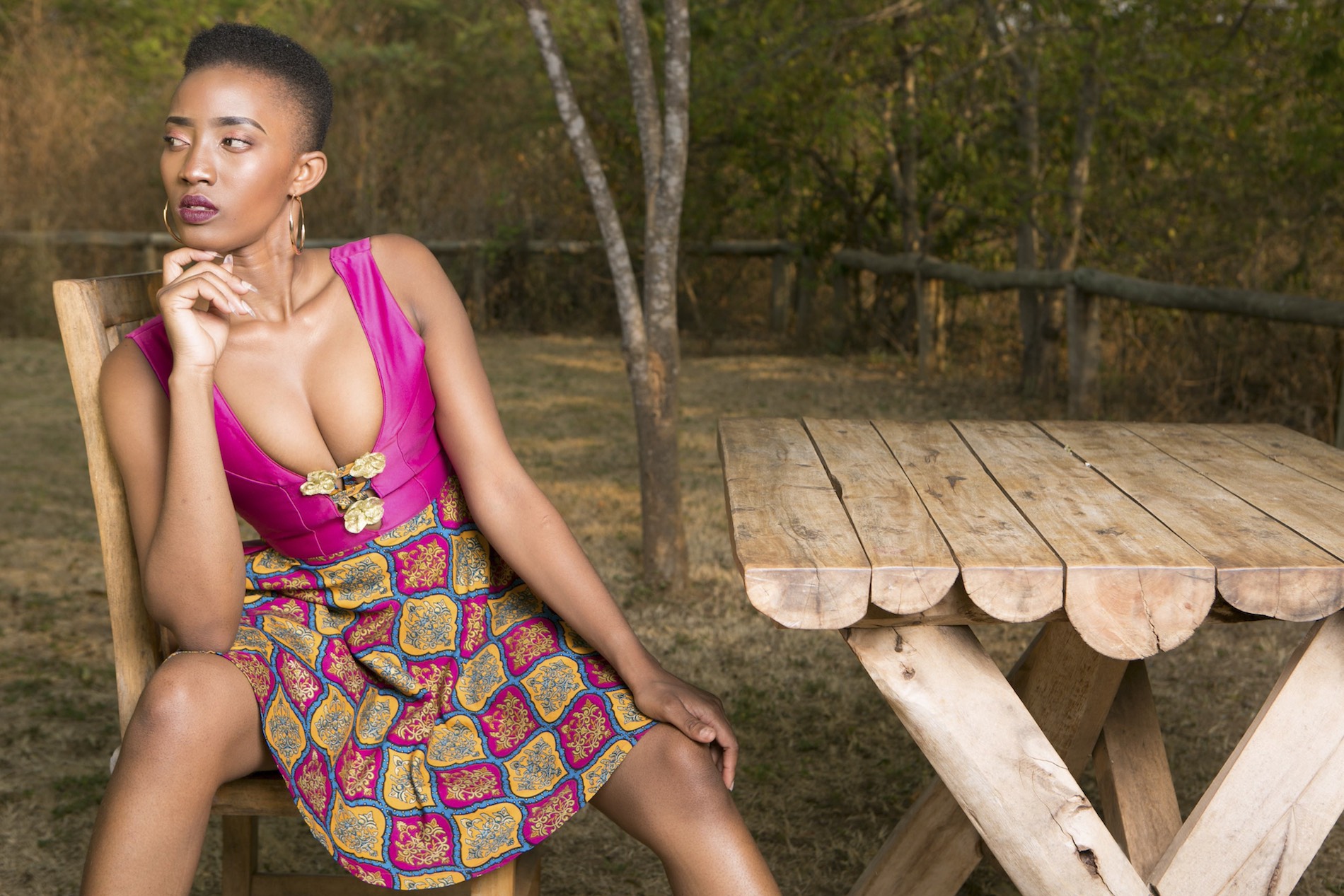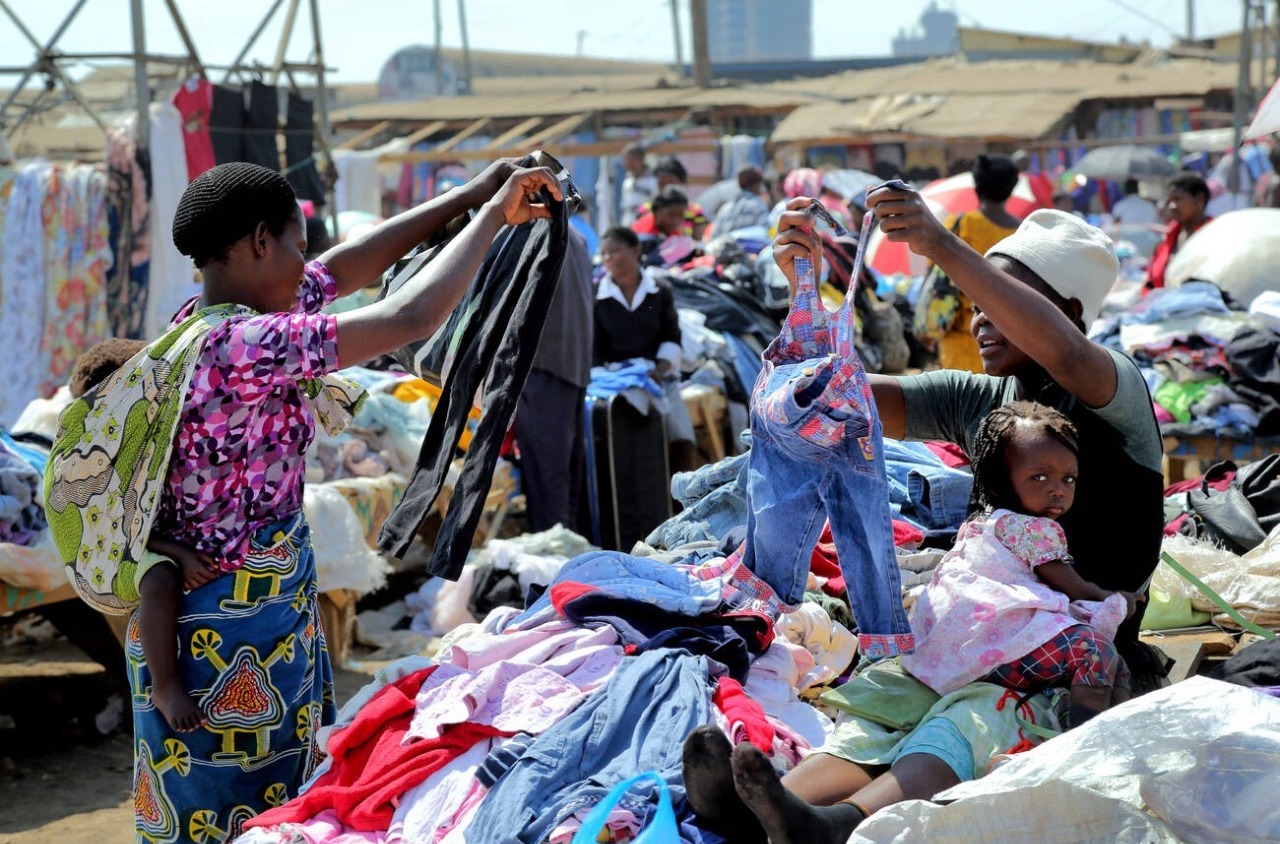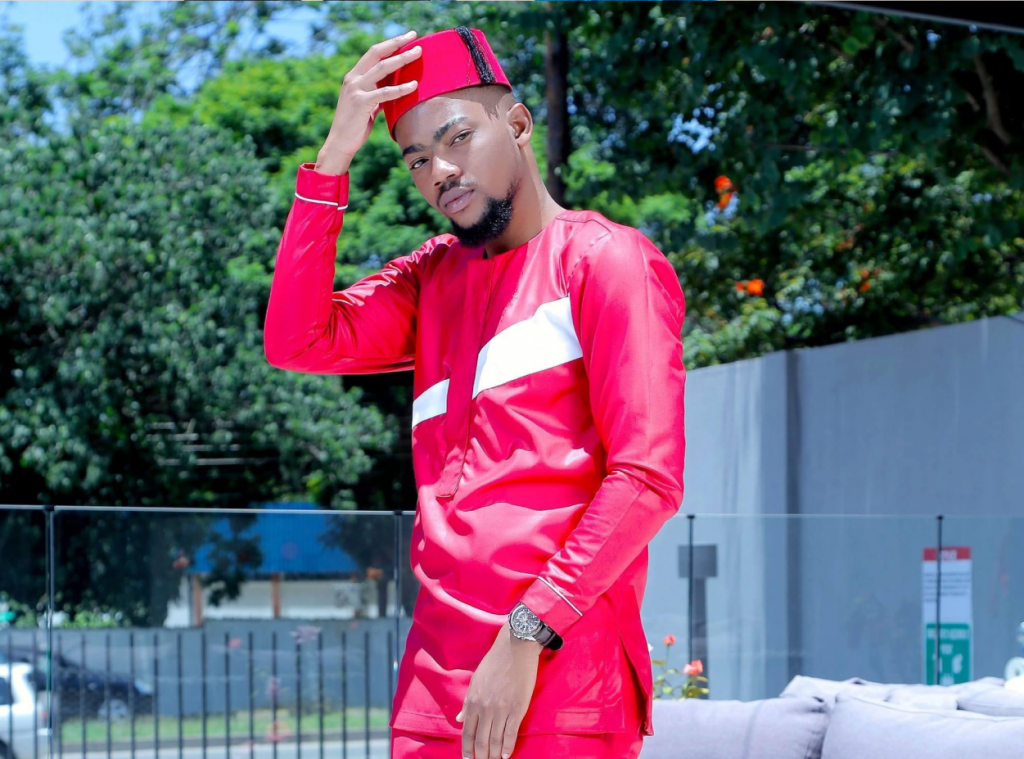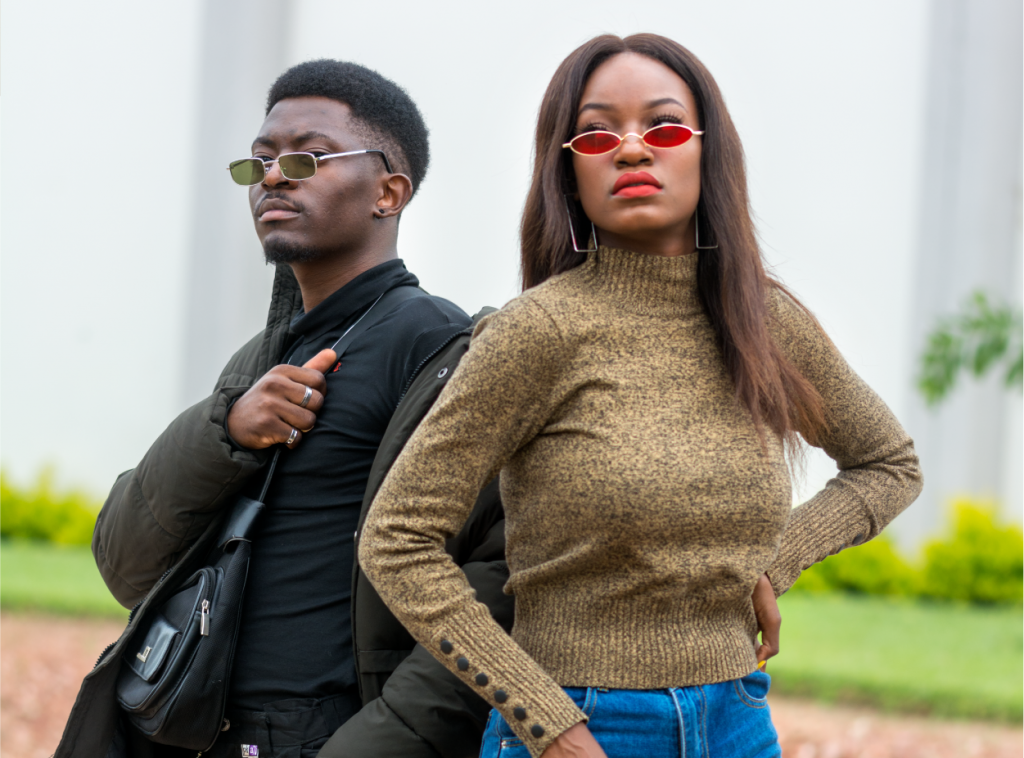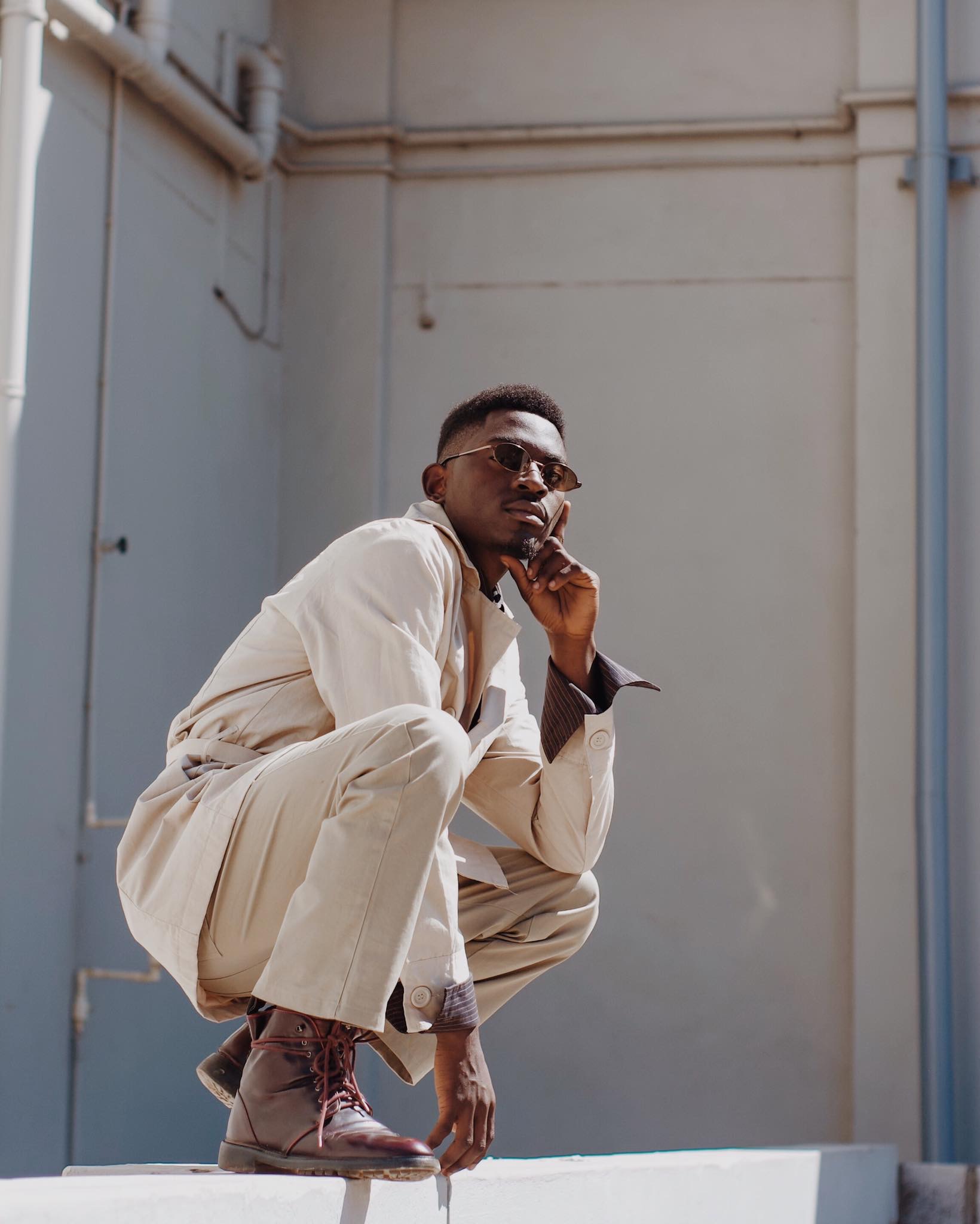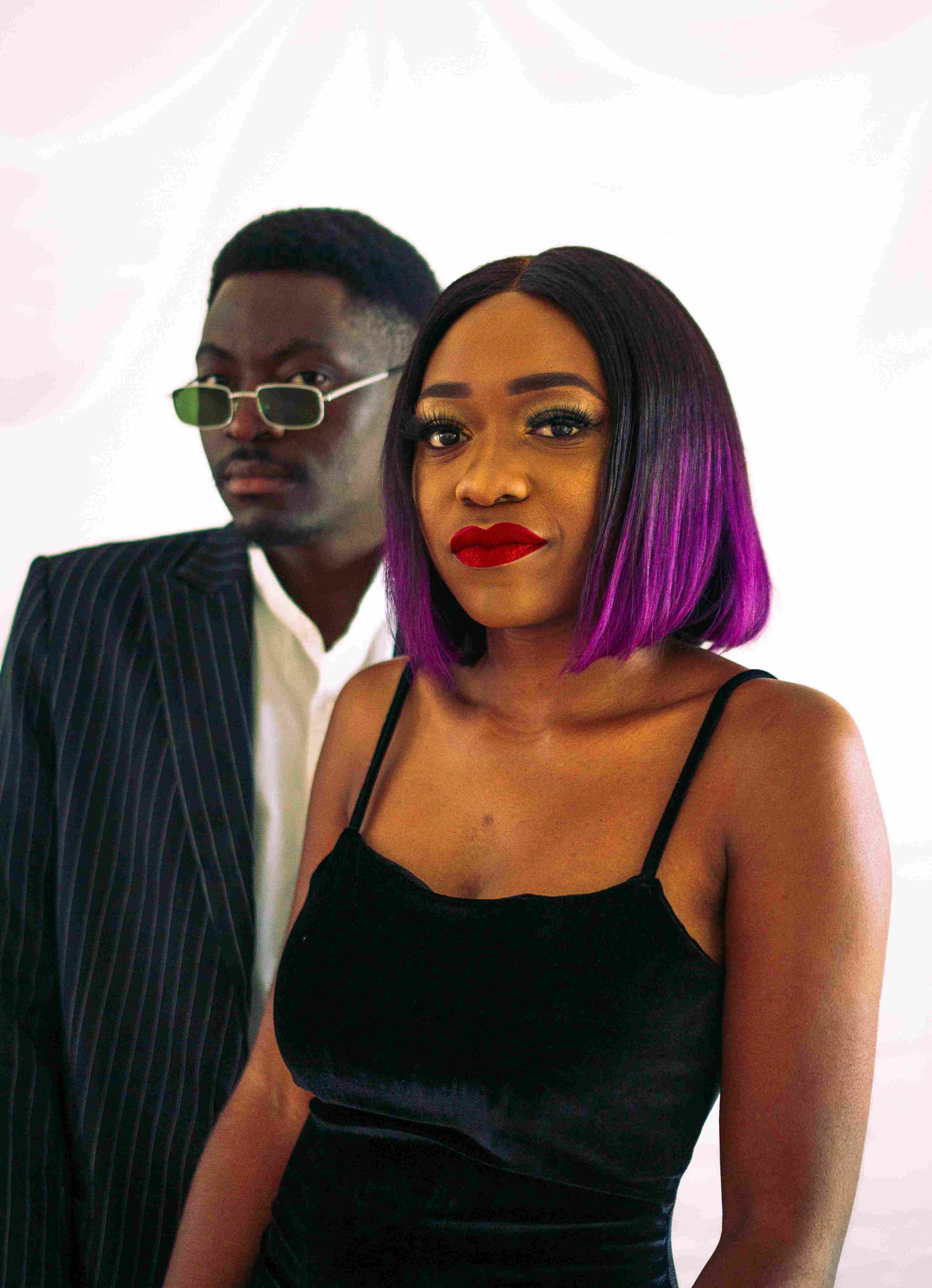The ultimate goal of art is expression. To be able to see feeling or character depicted in an artist’s designs is the highest form of review an artist can receive. By this standard, Kwasu deserves a place among the greats of art. It’s not all that often that the designs one sees accurately represent the soul and essence of the designer.
Njavwa Trudy Mvula is the creative director and chief visionary of Kwasu Designs. On the landscape of Zambian fashion design Kwasu has planted its flag in the territory of vibrant concepts and bright designs.
Born just over 23 years ago, Njavwa acquired a taste for fashion design when she completed high school. Like most young girls, she had always had an interest in fashion, but her desire to know more of the design side of things was sparked after she received her first sewing machine. Sitting down at Sugarbush Café just off Leopard’s Hill road, Njavwa spoke about Kwasu’s journey.
“I always thought of myself more of a stylist than fashion designer till I got my first sewing machine and learned to sew during my free time. I realised I was quite good at it and decided to learn more about sewing and pattern making.”
At first her new found skill was limited to extending only her wardrobe. She would experiment with fabrics and designs while making herself new outfits. It was the results of this experimentation that gave her the confidence that perhaps this could be more than a hobby. “I began to make my own clothes and each time I made something and wore I would be so proud. It gave me the zeal to study fashion and design.”
Pursuing a career in fashion and design was a departure from what she had originally intended for herself. “Growing up I wanted to be either a lawyer or a journalist, because I loved reading a lot and doing research.”
She was not the only one who would see it so. Encouraging, and even endorsement, from her parents was not initially forthcoming. The thought that their high achieving daughter would choose a career in an industry that is yet to really be accepted in the mainstream was not particularly welcomed.
Says Njavwa, “My parents were not for the idea because growing up they knew me as someone who was really ambitious and wanted to study at a top university. They always saw me studying something like medicine, engineering or law because of my performance at school.”
The fashion business is often misunderstood and mischaracterised. Generalisations often lead to all who are involved being lumped together without the benefit of placement on the spectrum that most industries enjoy. Due to successful and established designers in Zambia not receiving the acclaim they deserve, many people leave themselves with no reference point to assess fashion design as a career.
“[To my parents] choosing fashion design as a career was more of a downgrade to them. They told me it was not something I could choose as a permanent career because the fashion industry in Zambia is not well established.”
Obstacles from within were not the only ones that needed to be overcome. Njavwa had to work hardtop have Kwasu taken seriously due to her perceived lack of experience. “I had to convince people that I was able to do a good job mainly due to my age,” she recalls with a chuckle.
“Also, sourcing a unique and particular kind of printed fabric that’s attached to the feel of the outfit can be frustrating. Mainly because we don’t have the opportunity to design our own customised prints.”
Despite the setbacks Njavwa didn’t allow her head to drop. Determined to gain their support she poured her heart and soul into her work, perhaps knowing her dedication and the quality of her product were the only things capable of swaying her parents. Eventually, it paid off.
“They later settled for the idea after they knew I really wanted this. Now they embrace my career choice because they have seen what I’m capable of and what I have achieved so far.”
The path has not always been easy. “The learning process has been bittersweet. I was always excited to create something new, but barely knew how to go about it. I’d spend my nights awake trying to figure out how to come up with a fitted garment.”
In a little over two years of being a fashion designer Njavwa has taken Kwasu’s designs to the catwalk of the Zambia Fashion Week on two separate occasions. She views this as one of the highlights of her burgeoning career. That and being named the 2016 Vodafone Jump Designer of the year.
“I have dressed models, television and radio presenters and many other personalities.”
So far Kwasu has showcased four major collections. Her debut showcase, titled Afro Sweetheart, served as the platform to present Kwasu to the general public as a design house and brand. Despite having overcome the initial hurdle of her first collection, making the second did not come as easily as one would think. However, it was an effort that Njavwa feels was well worth it.
“I pushed myself to showcase my second collection. Street Sunrise was presented at the 2015 Zambia Fashion Week. It was a smart move because it put Kwasu among the happening names in Zambian fashion.”
The exposure received and relative success of Street Sunrise prompted an invitation by the Miss Zambia Africa pageant to showcase her third collection in early 2016. By October she had put together “Everything Rosy,” her fourth collection. This sponsored collection was featured in the Vodafone Jump Designer competition.
“Unveiling a collection is always exciting because it gives people a chance to appreciate your work after all the sweat and sleepless nights. It’s a beautiful experience seeing all the pieces fall in to place on the runway. Kind of like when a mother lays her eyes on a new born child.”
It is said that art imitates life. That could not be truer than in Njavwa’s case. Her enthusiastic personality is seen from the colourful fabric and eye catching designs she often goes for. While many designers opt for function over form, Kwasu has embraced vibrancy as part of its brand.
“A large percentage of my designs are influenced by my personal style. I love bold prints, happy colours and girly clothes. I draw my inspiration from different things depending on my mood. Things like nature, music, colours, fabric textures, a woman’s silhouette, and much more.”
Njavwa is very fond of colour and floral prints. This extends to far beyond her designs. Even her choice of venue betrayed her affections. “I love Sugarbush Café because it helps me tap into my creative side. The colour and brightness of the place, the people, the menu, just makes me alive.” As she took a sip of her beverage Njavwa’s eyes were already scanning her surroundings, taking in the well-trimmed gardens.
The process of artists differs as widely as their personalities. Designers are no exception. “It starts in the mind. The first thing I do is visualise. I ask myself a few questions – How will this fit a particular figure? What kind of mood does this portray? What colours would make it pop? What kind of print and fabric texture am I looking for?
“Sometimes I start by sketching. Other times I get too excited and just rush straight to the fabric store. After picking out my fabric I can now draft a pattern, cut and get busy on the sewing machine.”
Once Njavwa puts her head down to sew she often does not come up for air until she feels she has a worthy piece in her hands. Many satisfied clients appreciate her dedication.
Models: Kafula Mbulo and Gift M’dolo
